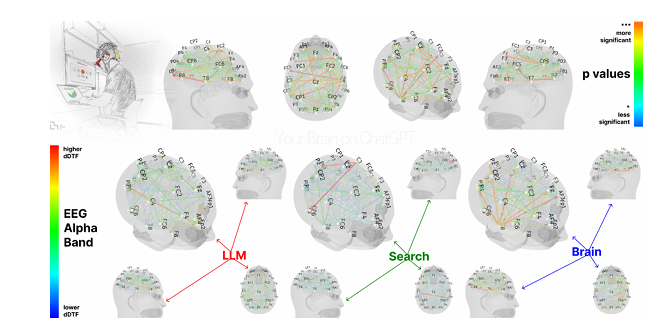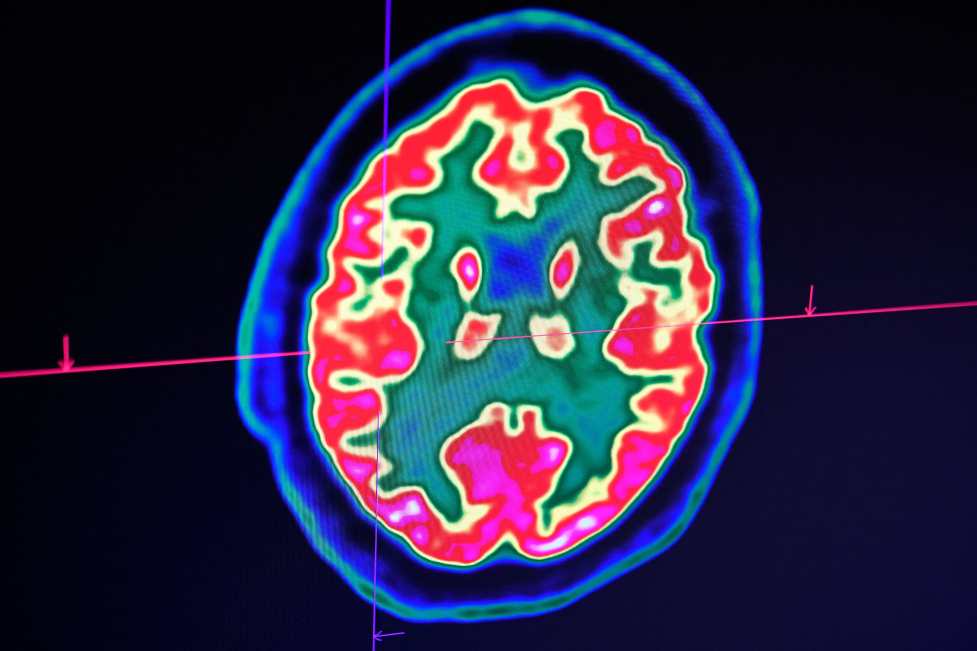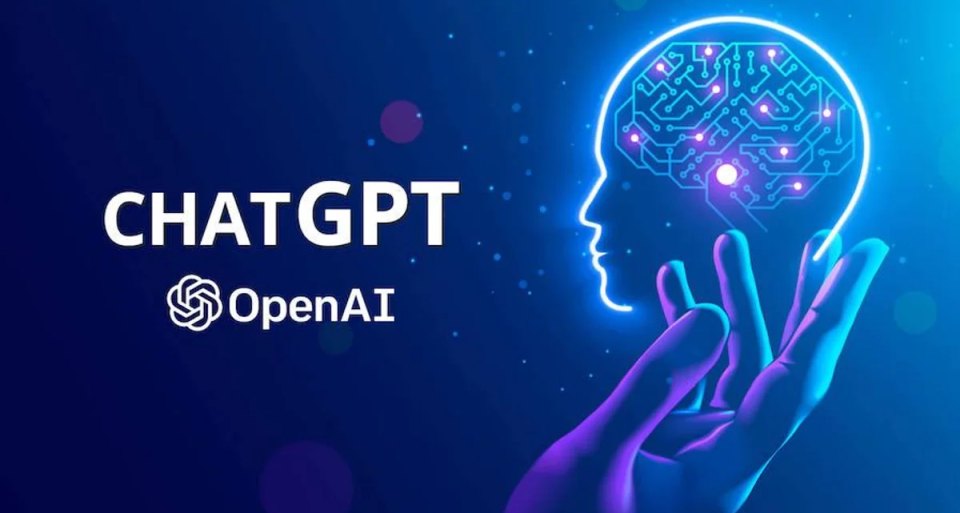New research from MIT raises serious questions about what the heavy use of ChatGPT does in our brains.
Researchers have discovered that most people who rely on AI tools for writing struggle to stay engaged mentally, and many don’t even remember what they wrote after a few minutes.
Titled “Your Brain with Chatgpt: Accumulation of Cognitive Debt When Using AI Assistant for Essay Writing Tasks”, this paper tracks how the human brain behaves when it is too dependent on AI. result? Decreased neural activity, memory gaps, and loss of original thinking.
AI Amnesia: ChatGpt is making fun of you
What MIT Research found
Researchers at MIT have studied how using large-scale language models (LLMs) like ChatGPT affects brain and writing behavior. Participants were divided into three groups. One used LLM, the other used a search engine, and three wrote without tools. In four sessions, they completed the essay task while brain activity was tracked using EEG.
Important findings:
Brain-only participants had the strongest neural activity and the best memory recall.
LLM users showed their weakest brain connections and struggled to remember their writing.
Brain involvement was even lower when LLM users switched to writing without AI in their final session.
Those who started without tools and then used LLMS showed better cognitive performance than full-time AI users.
LLM users reported the lowest sense of ownership than writing.
AI vs. human brain: MIT discovery
The experiment followed 54 participants (mainly university students in the Boston area) as they completed four writing sessions. One group used ChatGPT-4o, the other used Google search, and the third wrote without assistance.
During the session, researchers used EEG headsets to monitor brain activity in 32 regions. The essays were scored by teachers and AI judges. However, the actual story came from what was happening in the participants’ heads.
By the fourth session, the group had switched roles. Chatgpt users had to go without it, but this was my first time trying out the “brain-only” group. That twist revealed how dependent some users are on AI.
“Although LLM is quickly useful, our findings highlight potential cognitive costs. For over four months, LLM users have consistently reduced performance at neural, language, and behavioral levels. These results raise concerns about the long-term educational impact of LLM reliance and highlight the need for deeper investigation into the role of AI in learning.

Warning Sign
It’s difficult to ignore numbers:
Brain activity fell off the cliff. CHATGPT users showed very little neural connectivity, especially in the alpha and theta waves, with signals tied to memory, creativity and deep thinking. In fact, the number of active neural connections has dropped from 79 to 42.
All my memories have disappeared. A staggering 83% of ChatGPT users could not recall what they wrote a few minutes ago. In contrast, only 10% of non-AAI and Google search users had similar recall issues.
Writing has lost that spark. The teachers were called the AI-assisted essays “Soulless” and “Bland.” Many users copied and pasted the AI output without editing, resulting in flat, general writing.
AI dependency was expensive. When the ChatGpt group had to write without it, their brains showed signs of cognitive fatigue. They struggled to get involved and overall performance was slow.
People felt isolated from their work. Users who relied on ChatGpt reported less satisfaction with what they produced and less ownership in writing.
what happened?
The researchers say this is more than convenience. It’s offloading mental effort. When people start tasks with AI from the start, they tend to stop thinking deeply. Planning, analysis, revision – that procedure disappears.
Chief researcher Natalya Kosmina summed it upright: “The task is performed and can be said to be efficient and convenient. But essentially they didn’t integrate it into a memory network.”

Credit: MIT Research Lab
EEG data backs it up. CHATGPT users showed lower activity in brain regions involved in decision-making and long-term memory. On the other hand, brain-only groups illuminate these regions and suggest deeper cognitive involvement.
Interestingly, the search group sat in the middle. Search engines still provide external help, but users will think more and request more to develop questions, scan results, and evaluate sources. ChatGpt, on the other hand, provides clean output with minimal effort.
What does this mean for school and workplace?
The meaning goes beyond academia. Students who rely heavily on AI may see their writing skills worsening. Also, in the workplace, teams banking with AI for reporting and communications can short-circulate their creativity.
One of the startup founders said frankly: “AI isn’t making us more productive, it’s making us cognitively bankrupt.”
That’s not an exaggeration. The study found that over just four months, CHATGPT users saw a consistent dip in memory, engagement and originality. Additionally, a recent UK survey shows that 88% of students currently use AI for assessments, so the trend is clearly increasing.
It’s not all bad – when used in the right way
To be clear, this study does not say that ChatGpt is inherently harmful. When brain-only participants used it in their fourth session, their brain activity surged. The group already had a strong foundation. They used AI to build on their own ideas rather than replacing them.
Even ChatGpt itself responded with some self-awareness. Asked about the study, “This study doesn’t say that ChatGpt is inherently harmful. Surprisingly, it warns of overdependence without any reflection or effort.”
This strategically used tool can increase productivity and creativity. However, when people pass on the whole process from the start, they risk losing the mental muscles that they need to think independently.
Limitations of Research – And What Comes Next
The sample size was small, with only 54 people from the same metro area, but focused solely on writing essays. We didn’t explore how AI could affect other tasks like coding or creative art. Additionally, although this paper has not yet been peer-reviewed, its methodology was based not only on research but on actual brain data.
Kosmyna’s team is already running follow-ups, including new research on coding tasks. Early signals suggest that cognitive effects may be even more pronounced.
They are also looking for ways to track different usage patterns, such as brainstorming using AI and copies of its output, such as how different usage patterns affect long-term thinking.
Conclusion
Takeout is not “Do not use ChatGpt.” That: Don’t let them think for you.
Start with your own ideas. Use AI as a companion, not a crutch. Because the cost of convenience can be sharper than we think.
🚀Want to share the story?
Submit your stories to TechStartUps.com in front of thousands of founders, investors, PE companies, tech executives, decision makers and tech leaders.
Please attract attention
Source link

